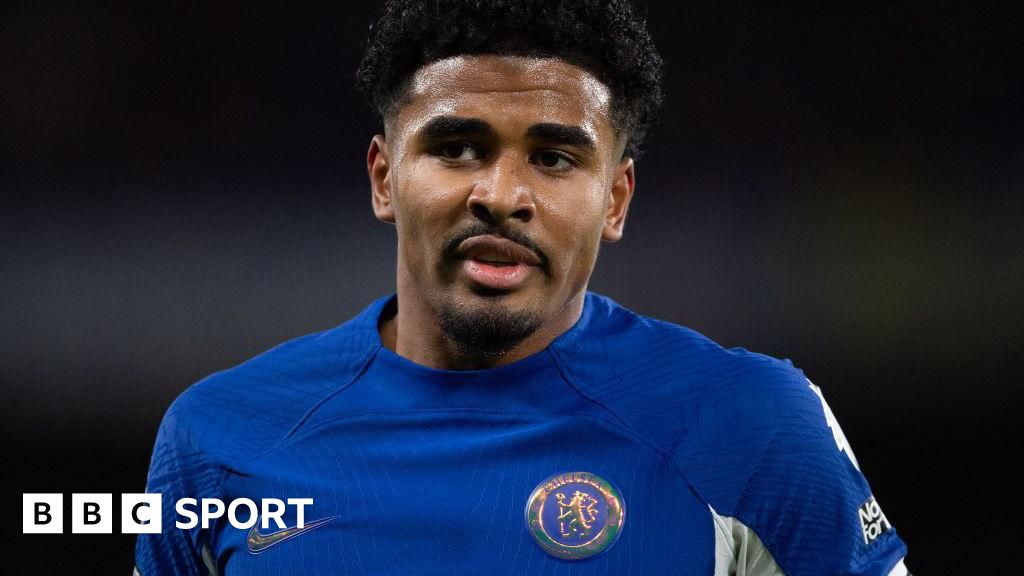Introduced with the intention of boosting financial stability and encouraging clubs to live within their means, PSR losses are limited to £105m over a three-year period. Critics say these regulations also protect the richest clubs by stifling ambition and investment by those who want to challenge the status quo.
The transfers sparked intense speculation on social media that certain clubs were working in tandem to strike deals that would improve their balance sheets as a means of avoiding a breach of PSR limits.
It is easy to see why some might suggest this.
First, there is the timing. With clubs having to submit their accounts by 30 June, the end of the Premier League’s financial year – effectively its accounting deadline – is just a few days away.
When a club sells a player, any profit is recorded in its entirety in that year’s accounts, with homegrown academy players generating ‘pure’ profit.
In contrast, the amount paid by the buying club is spread out – using an accounting practise called amortisation – over the length of the contract.
So if two clubs agree to sell players to each other, especially academy players, it could provide a significant financial boost.
Secondly, all the clubs involved reportedly face challenges meeting PSR limits.
Everton breached the rules for both 2021-22 and 2022-23, suffering two separate points deductions. And with losses of £90m in their last financial results, they confirmed players will be sold this summer.
Villa have insisted they will avoid a PSR breach. But after recording a £119m loss last season, were thought to need to sell players – such as Douglas Luiz – in order to do so, despite qualifying for the Champions League.
They also recently attempted (and failed) to have the level of permitted losses raised, and have warned they could make a formal complaint against the Premier League over rules they regard as restrictive.
Chelsea have also said they are confident they will comply with the rules. But having recorded a pre-tax loss of £90m in their most recent accounts, some experts have suggested they may also have to sell players if they are to avoid getting in trouble.
Newcastle United meanwhile – despite the vast wealth of their Saudi owners – chose not to sign any players in the January transfer window over worries they may be at risk of breaching PSR, with the club admitting they may have to sell a top player to comply.
The third area of debate is the valuations of some of the players. Take Kellyman for instance. Chelsea rate the England Under-20 international very highly.
But is it understandable they were prepared to spend £19m on a player that Villa picked up for £600,000 from Derby County’s academy two years ago, and who has made just six first-team appearances, totalling 150 minutes of action? Such a valuation is great news for Villa of course, who can register almost £19m of profit in this year’s accounts.
The clubs concerned could point out that huge fees for young players is nothing new, and in time can often be vindicated.
Eyebrows were raised when Chelsea splashed out £42m on Cole Palmer last year despite limited opportunities at Manchester City. It now looks like very smart business. As does the £45m that Newcastle paid for Anthony Gordon – the club’s second most expensive signing – despite just seven goals from 78 games for Everton.

